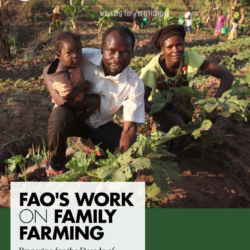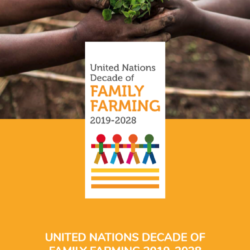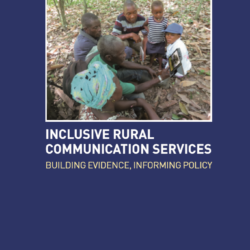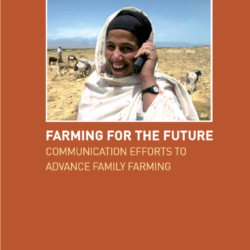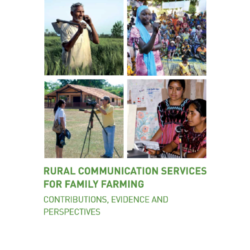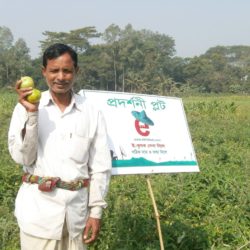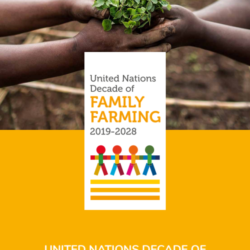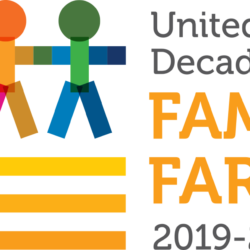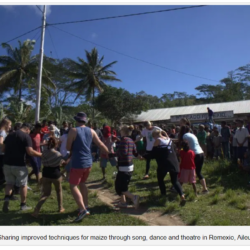FAO Work on Family Farming
Family farming is by far the most prevalent form of agriculture both in developed and developing countries, representing the largest source of employment worldwide. It is much more than a mode of food production. It is a way of life. In 2014, the International Year of Family Farming (IYFF 2014) focused the world’s attention on… Read More

